Free movement of people within the region is one of the core pillars of the European Union and among the most tangible benefits that South East Europe 6 (SEE6) citizens expect from the EU integration process. To accelerate this progress, countries in the region have signed a series of mobility agreements under Central European Free Trade Agreement (CEFTA) and the Common Regional Market (CRM).
The implementation of these agreements has now become a test for the political will and institutional capacity of Western Balkan countries to act as a single market and deliver tangible results to their citizens.
In this context, CDI, in collaboration with the German Embassy in Albania and GIZ Albania, organized the roundtable “Drivers of Regional Mobility in the Western Balkans: Free Movement of People.” The event kicked off a regional series of meetings taking place from 21 to 29 May across SEE6 capitals focusing on the implementation progress, challenges, and way ahead of CRM and CEFTA agreements related to people mobility.
Discussions centered on eight agreements and one recommendation endorsed by CEFTA member countries in October 2024. To date, only three of these agreements have been ratified by all SEE6 countries.
“Regional cooperation is a stepping stone of economic development and of the path toward EU membership,” said Thilo Schroeter, Deputy Ambassador of Germany to Albania, highlighting the critical role of government and parliament in implementing these agreements, as well as the importance of civil society engagement in monitoring and advocating for their implementation.
Antonela Dhimolea from the Ministry for Europe and Foreign Affairs of Albania emphasized that the Berlin Process provides both the political will and legal framework to deepen regional cooperation and serves as a concrete instrument to prepare the region for EU membership.
Fjoralba Caka, CDI’s senior expert, shared key findings from the research conducted in Albania. While noting progress at the political cooperation level, the study highlights implementation challenges, including inter-institutional coordination gaps, limited transparency, and insufficient technical capacities for sustainable execution.
Olivera Ceni Bardiqi from CEFTA presented a detailed analysis of the ratification status of 11 agreements signed in Berlin in 2024 and Pristina in 2025. She underlined uneven harmonization among the countries as one of the pressing challenges.
Alketa Vejseli from the Ministry of Economy, Culture, and Innovation stressed the significant workload related to CEFTA and CRM and the urgent need to strengthen public administration capacities, especially as Albania aims to conclude EU accession negotiations by 2027.
Representatives from GIZ Albania shared their experience in supporting Albanian institutions to align national legislation with EU standards, particularly in the area of free movement of goods and services. The SANECA project was cited as a successful example, offering practical insights on mutual recognition of qualifications and diplomas between Albania and the EU.
The roundtable concluded with remarks from Mia Marzouk, Deputy Ambassador of the United Kingdom to Albania, who noted that the insights from today’s discussions will serve the preparations for the next Berlin Process Summit, scheduled to take place in the UK in October.
The regional series of events will enrich the ongoing debate on the region’s integration into the EU Single Market and will culminate at the 11th edition of the Tirana Connectivity Forum to be held on 16–17 September 2025.


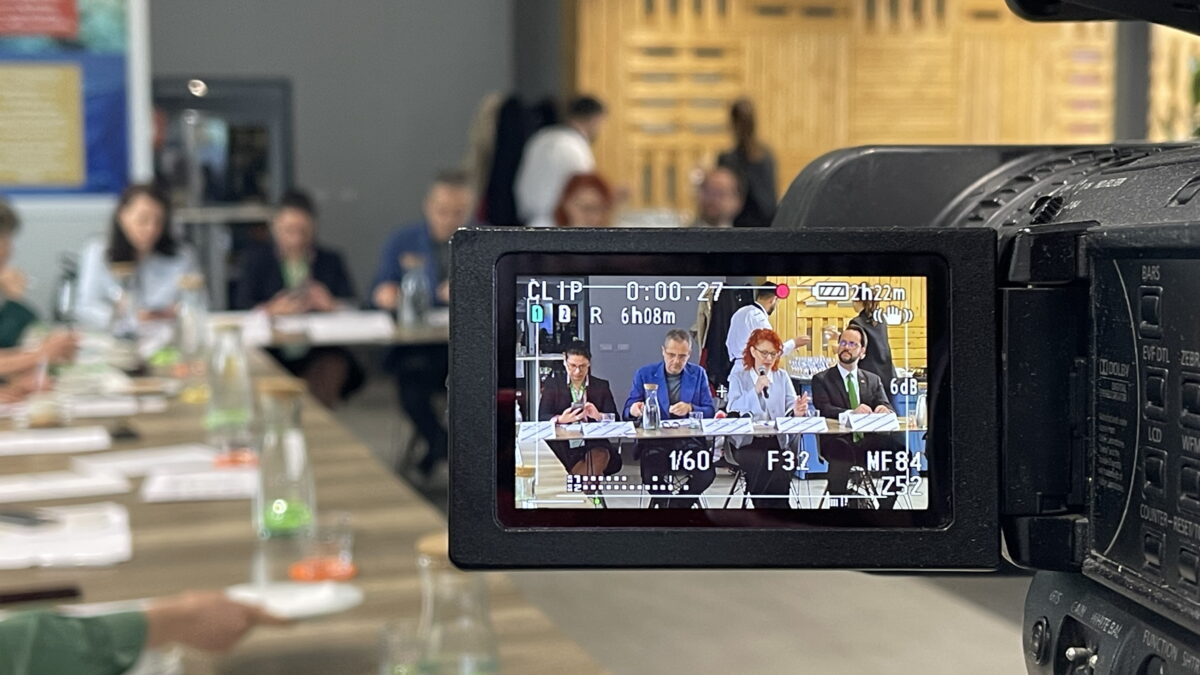
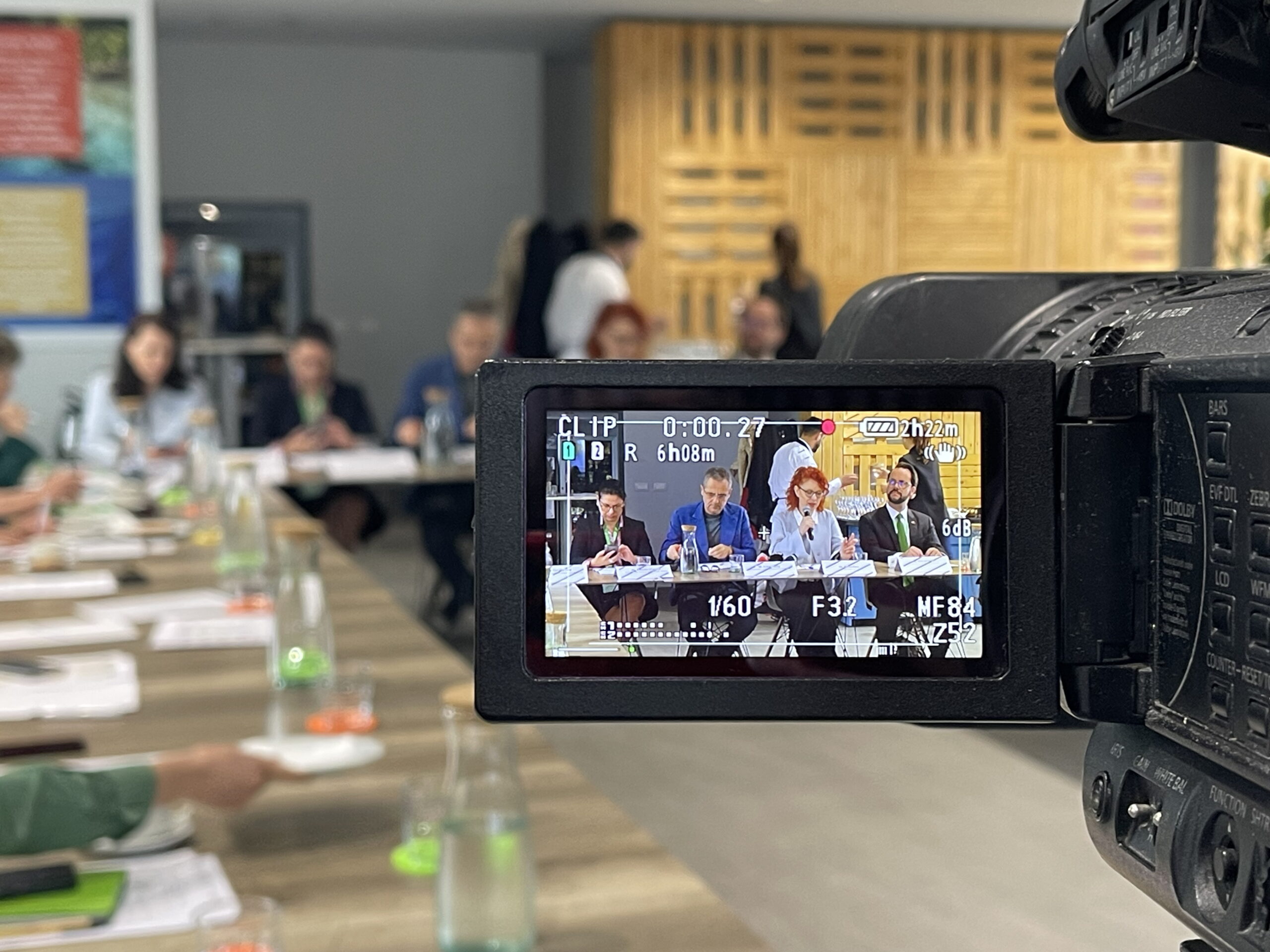
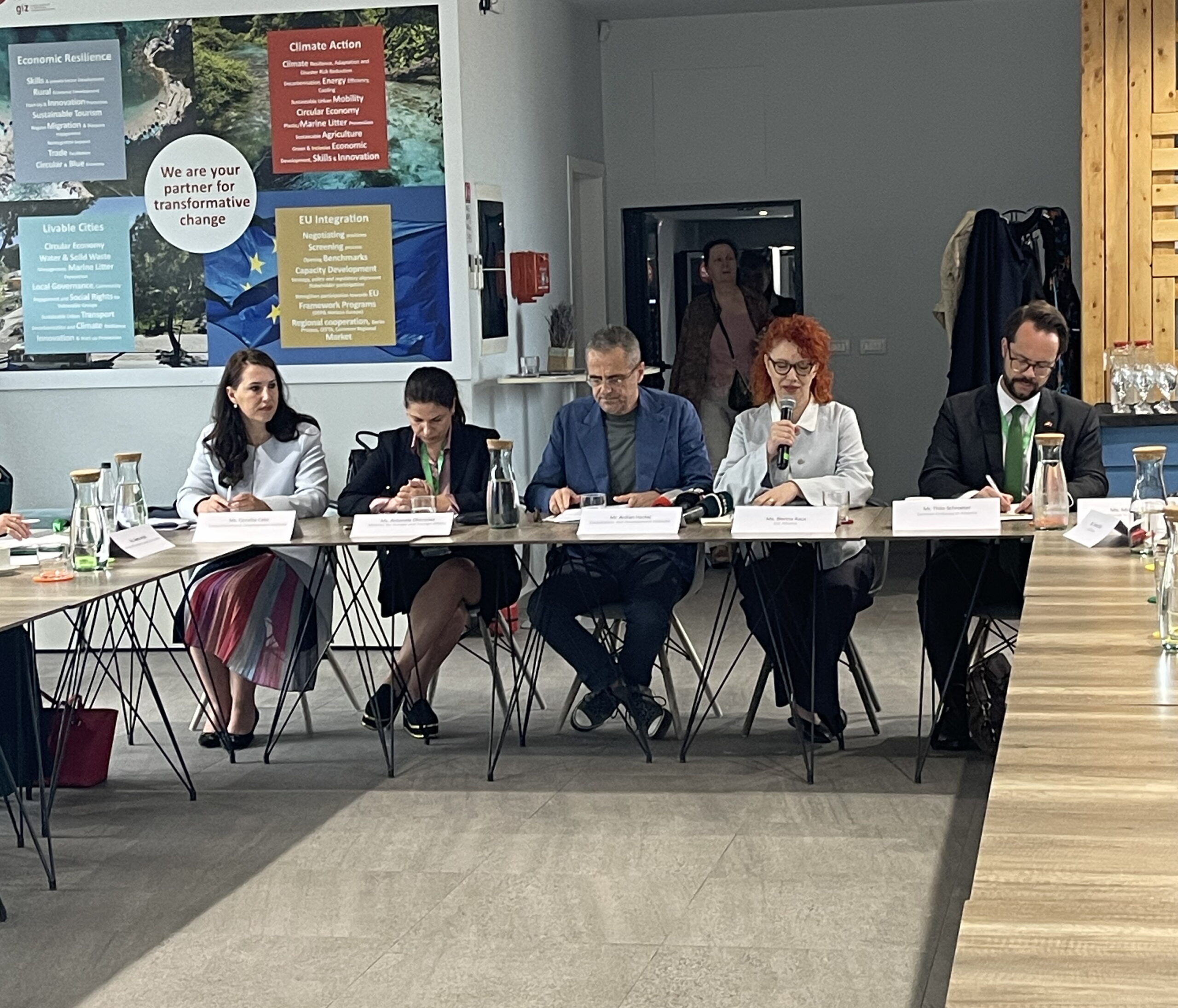
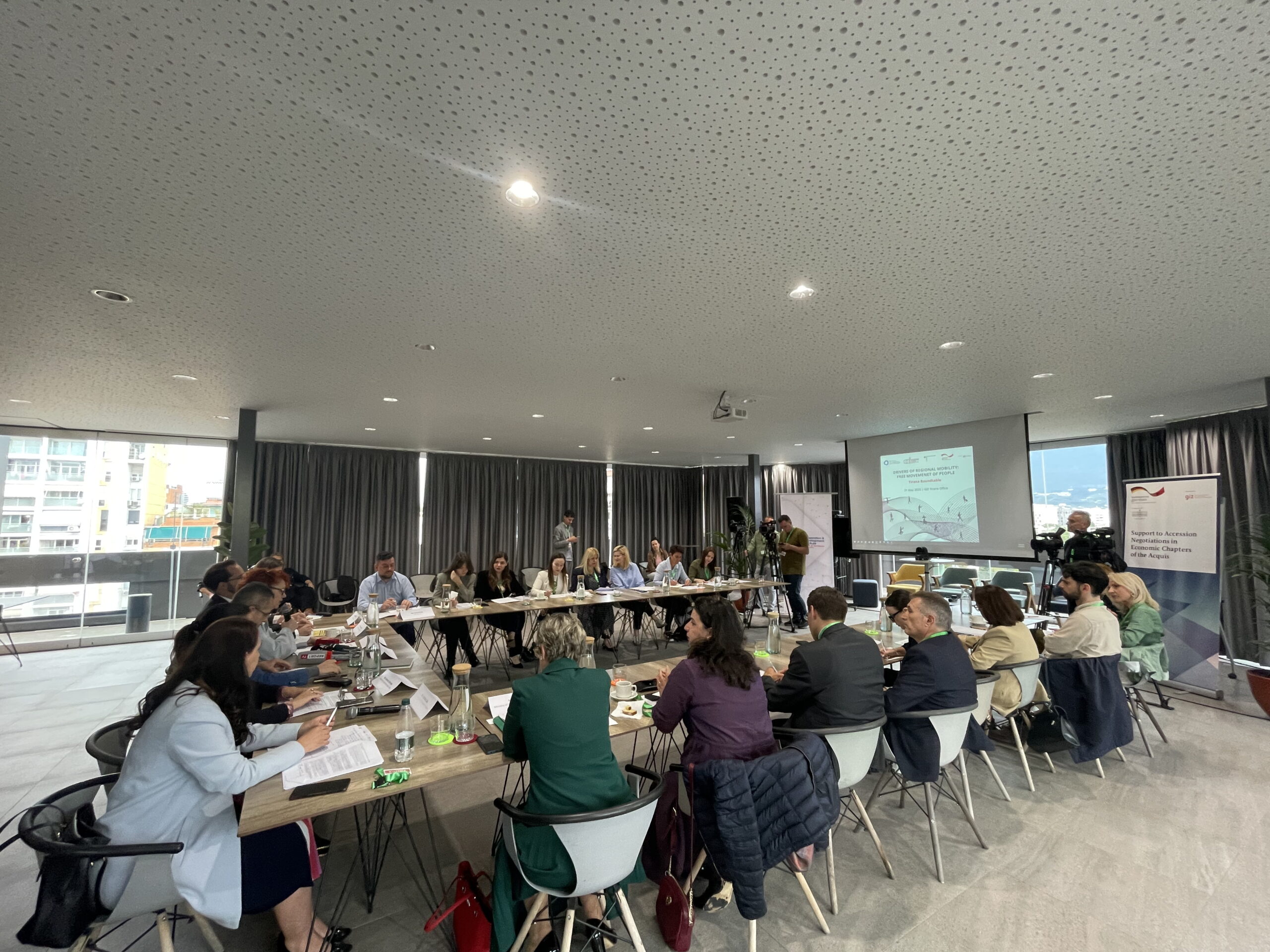
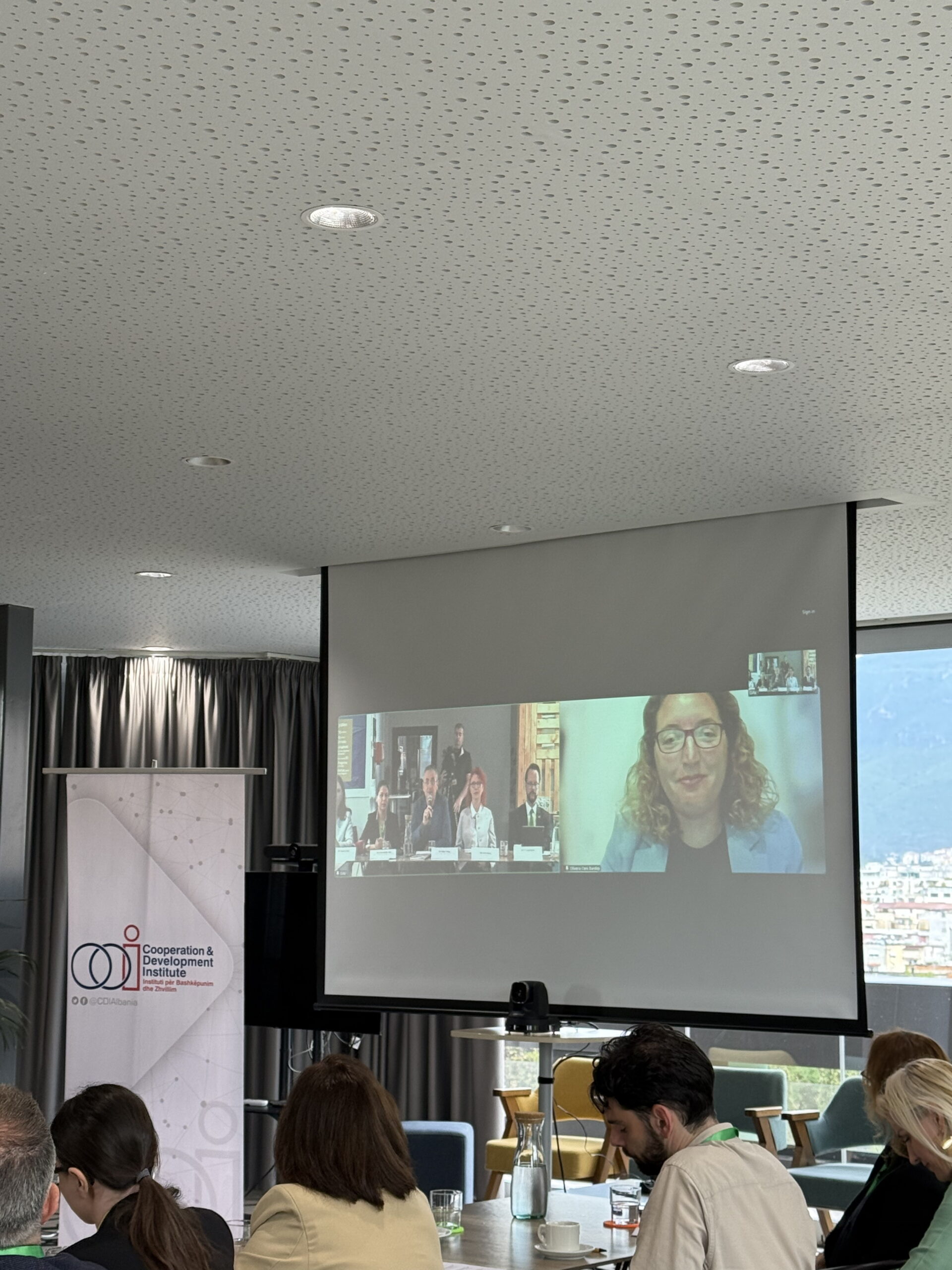

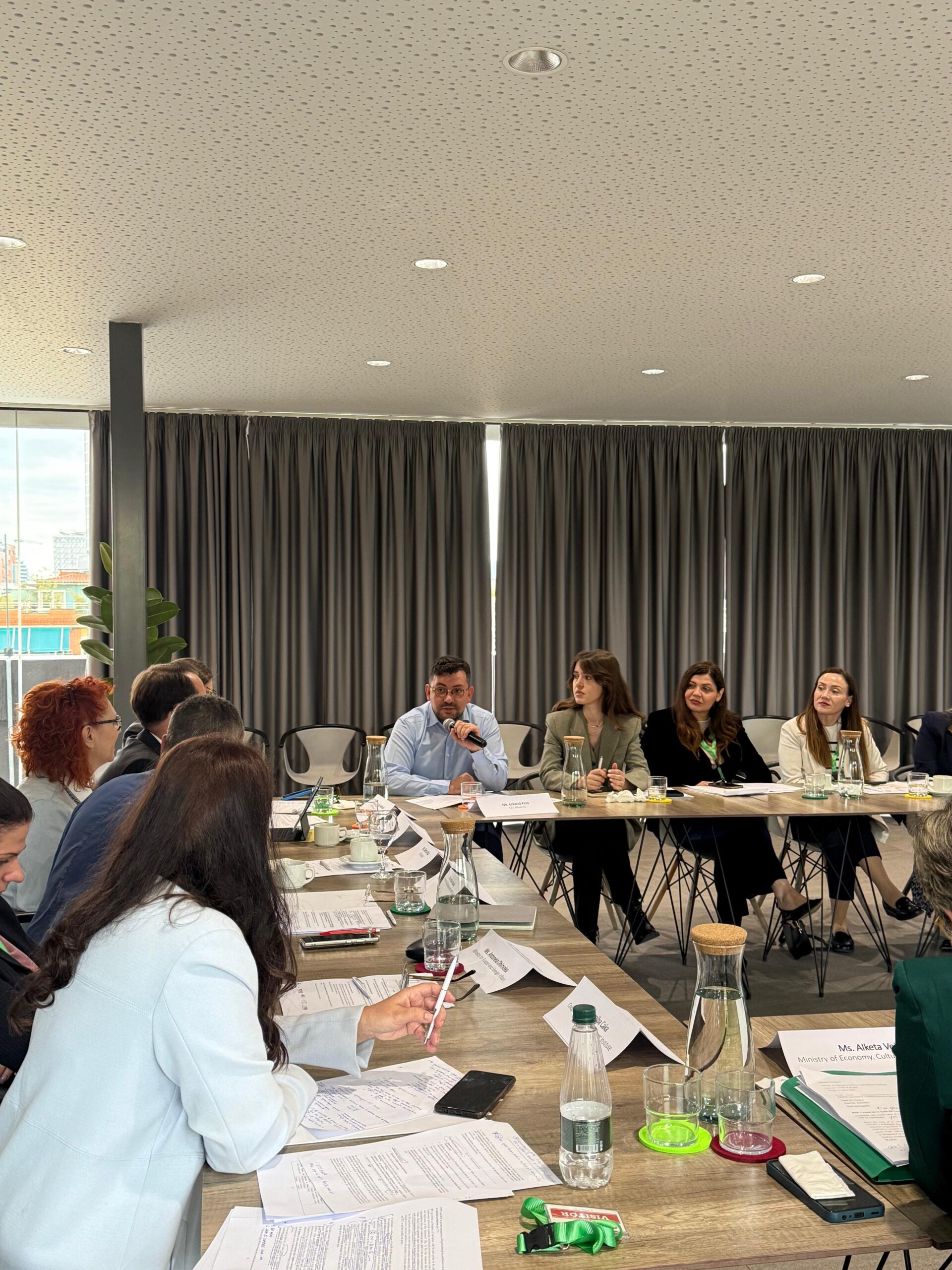
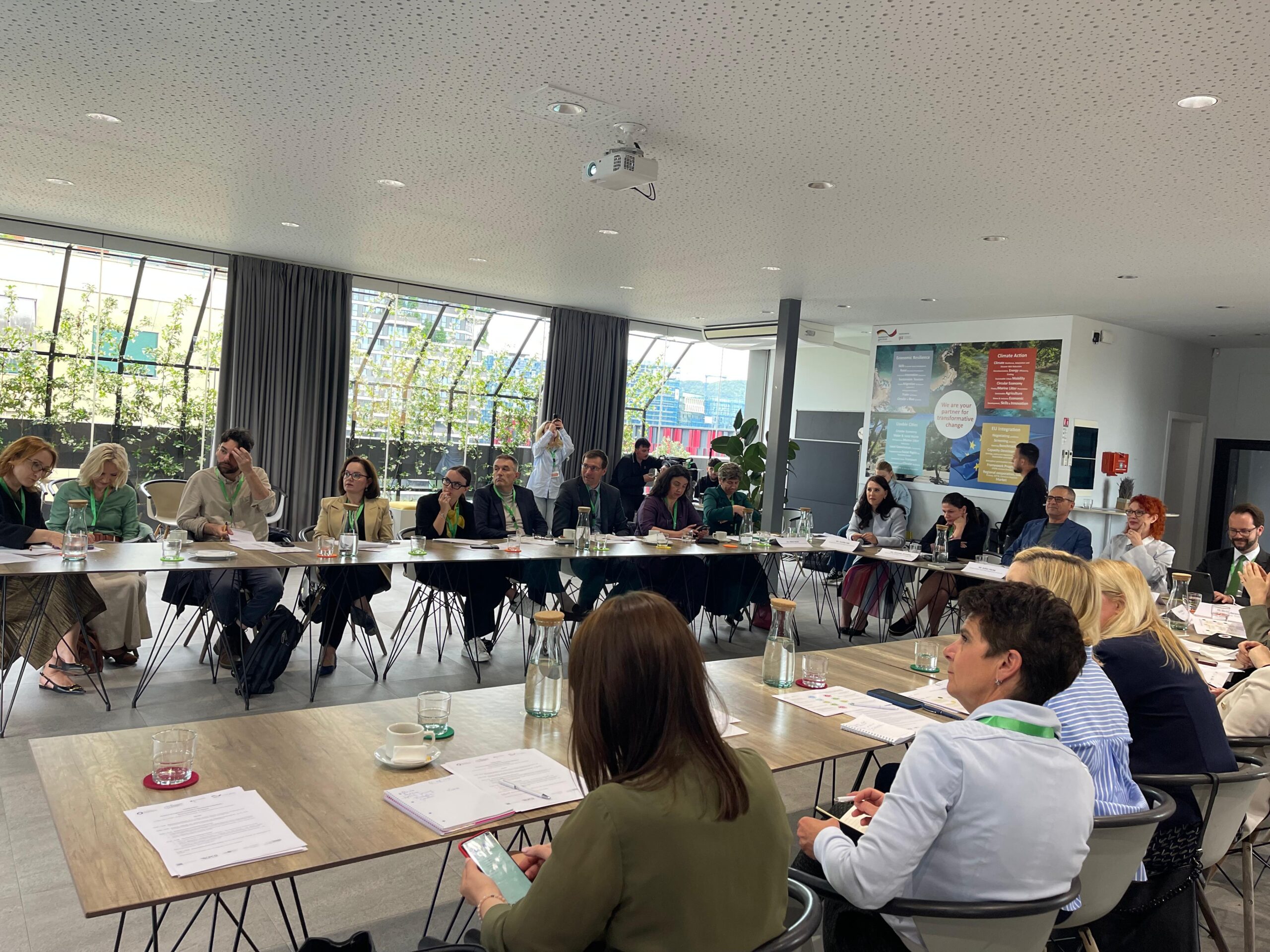
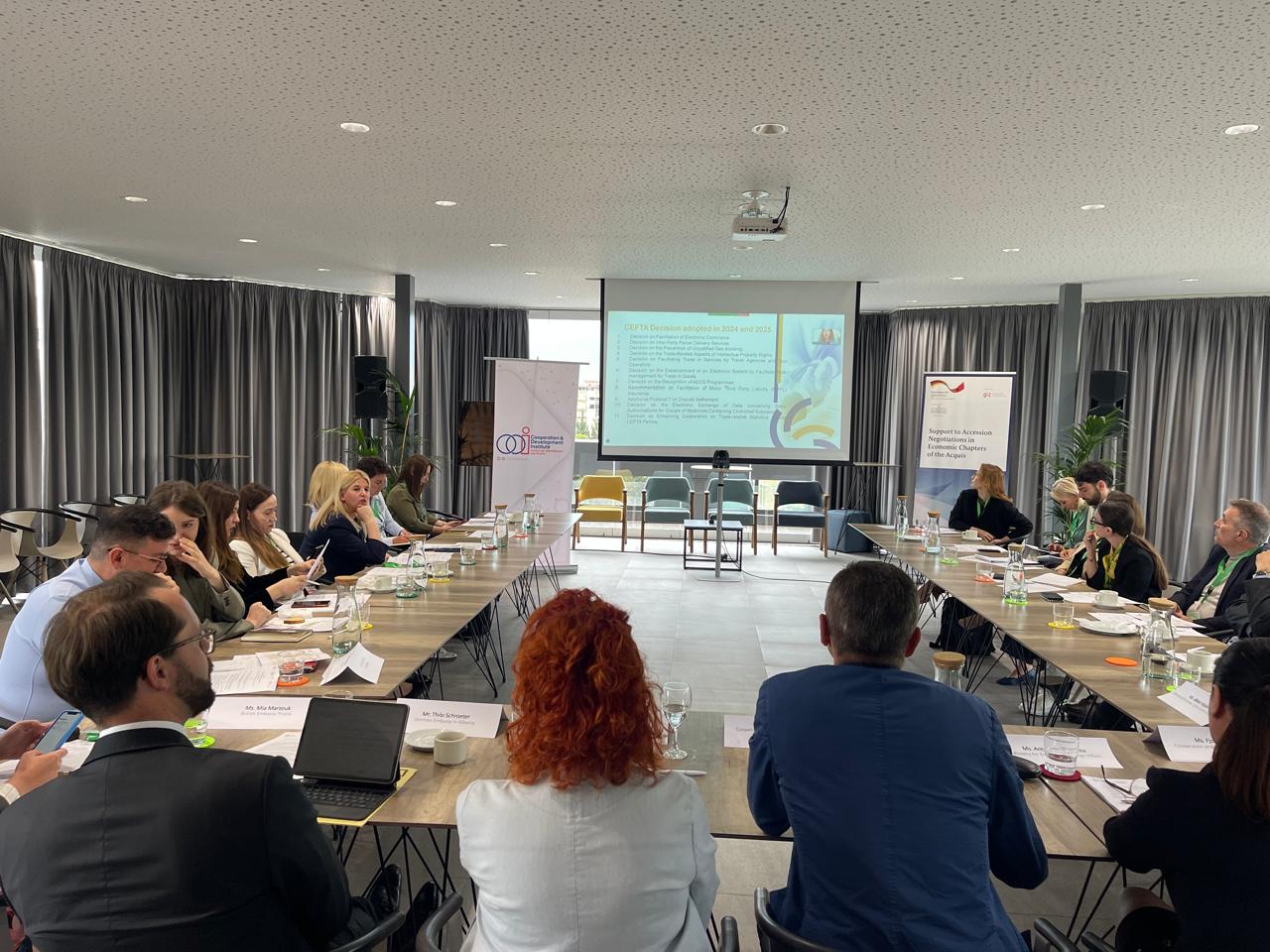
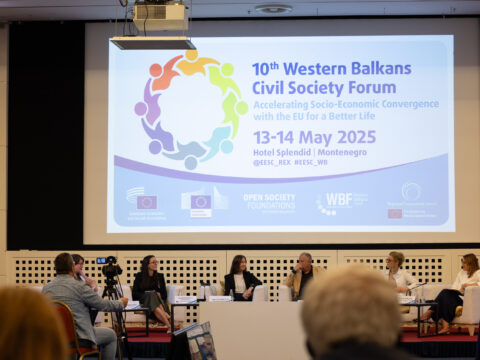
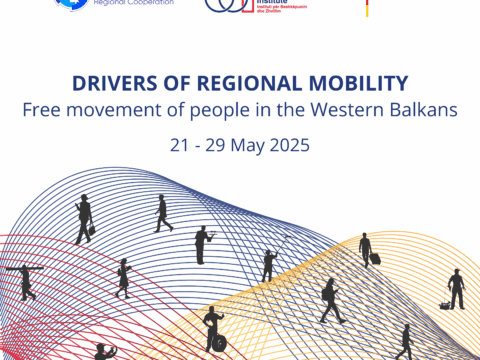
National Parliament and the Reform Agenda 2024-2027
Read more